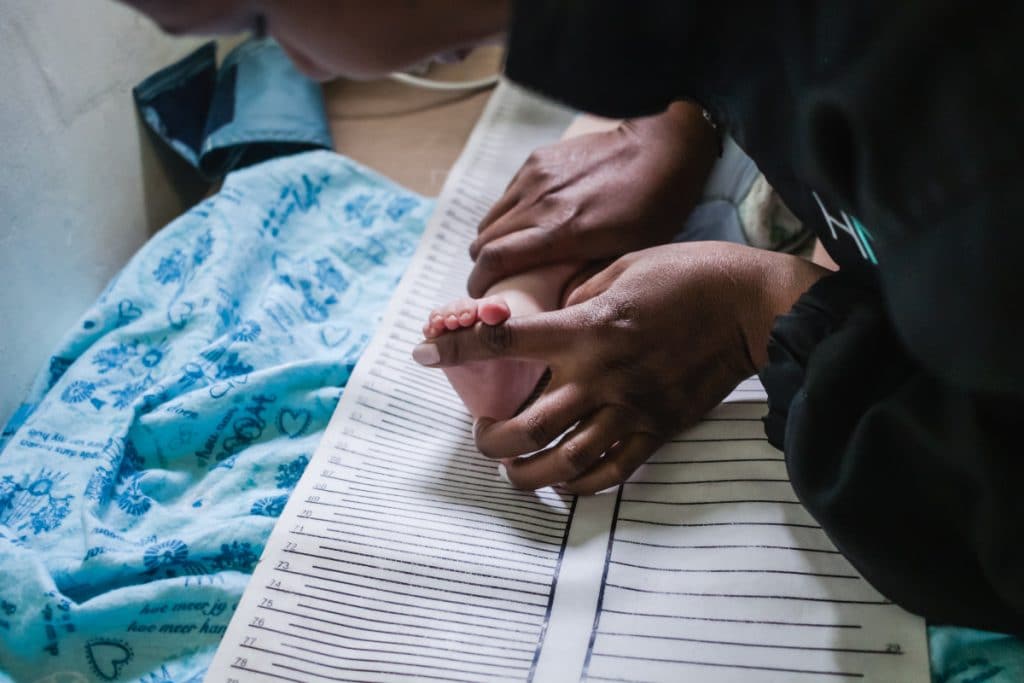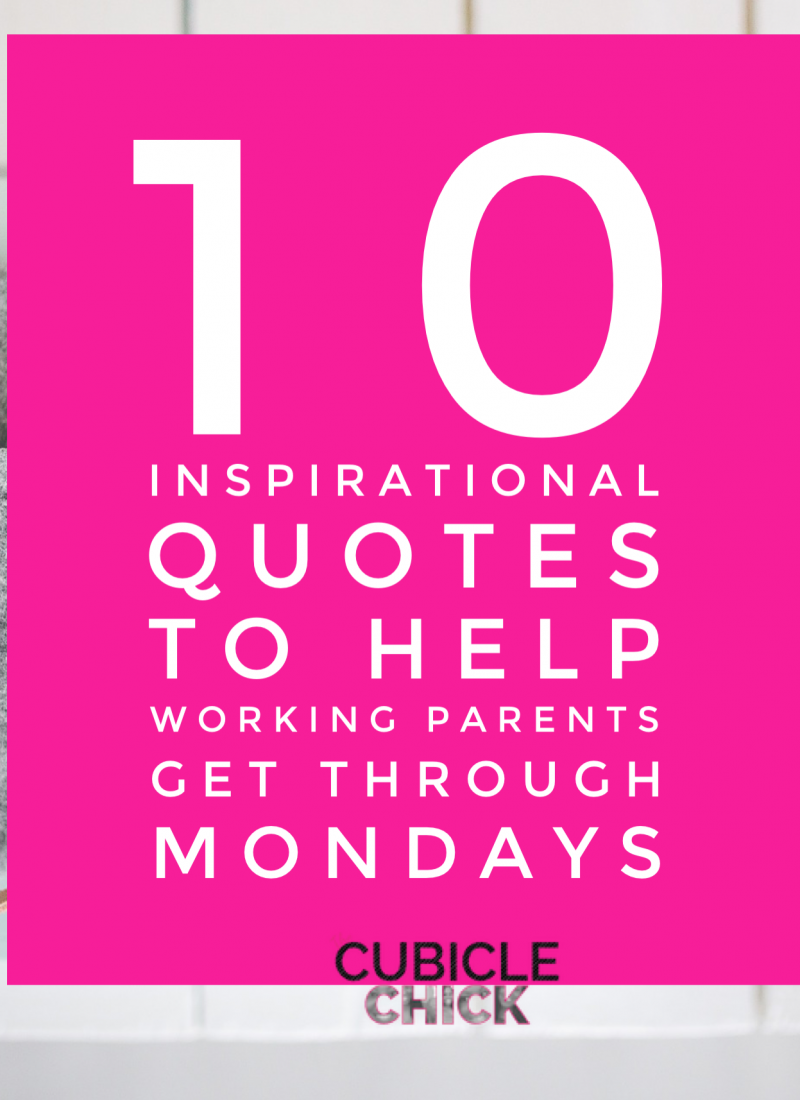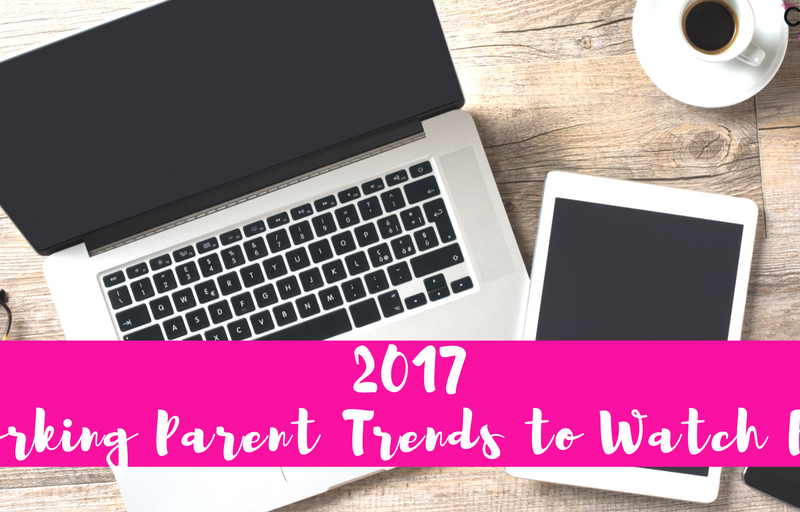
Becoming a mother is a life-altering experience that tends to carry various health concerns along with it. As you direct all your energy to your baby’s health, you may find yourself neglecting your own at the same time. It’s no surprise that motherhood will change you, both physically and mentally. However, when it comes to going back to work, you may feel scared about what to do and how you’ll do it. To ensure success in your personal and professional life, you’ll need to prioritize your health and listen to your body. Not sure what health issues to expect or how to adjust to the changes? Keep reading!
Postpartum Hair Loss
In the months following childbirth, it’s not uncommon to experience hair thinning or loss. This is typically referred to as telogen effluvium, which causes excess shedding and more strands in your brush. It typically occurs due to a hormonal imbalance of progesterone and estrogen after giving birth. The good news is, it’s often only temporary!
Hair loss should stop by your child’s first birthday, but likely sooner if you’re proactive. If you’re concerned about your hair’s appearance at work, be sure to use products specifically created to combat hair loss, such as multivitamins with biotin, DHT shampoo and conditioner, and minoxidil. During this time, you can also try a new hairstyle to conceal thinning and stay away from excess heat when styling.
Struggle with Breastfeeding
When returning to work after maternity leave, you may have concerns about breastfeeding (if, of course, this is the path you’ve chosen). You may wonder when and where you’ll be able to pump at work. If your office doesn’t have a lactation room for mothers, it’s a good idea to bring this concern to your manager’s attention. Working mothers deserve a comfortable, well-lit room with privacy that they can use throughout the day.
You may also worry about potential leakage as this is bound to happen when breastfeeding. Try not to stress about this as almost all new moms experience the same thing. It’s best to be prepared and pack an extra shirt just in case you leak through. You can also use nursing pads to soak up any breastmilk and prevent it from seeping through your shirt. Although keeping up with breastfeeding as a working mother may be difficult, it’s not impossible!

Exhaustion
Sleep deprivation is extremely common in new mothers. You’ll have to adjust to a whole new schedule to care for your newborn. If your baby doesn’t sleep through the night, it’s likely you won’t either, making your workday much harder to take on. Lack of sleep can actually trigger various other health problems and in some cases, become a safety hazard. Finding a balance between your home life, work-life, and sleep schedule can be difficult to nail down. However, there are a few things you can do to make sleeping easier!
First and foremost, it’s important to ask for help. You can’t do it all, and that’s perfectly okay. Make a plan with your spouse, family member, or friend to help with certain things, like duties around the house or running errands. In addition, instead of working on tasks while your baby is sleeping, you should take advantage of the opportunity to rest. Take a nap when your baby does on the weekends, and hit the hay earlier once your baby falls asleep at night. This will make an immense difference in your energy levels, which will, in turn, improve your overall health and work-life balance.
Urinary Leaking
Although this may not be something you like to regularly discuss, urinary troubles are prominent during postpartum. It can be embarrassing when you go back to work and a simple cough causes you to leak through your pants. Urinary leaking can affect not only your personal confidence but also your confidence in going back to work. Luckily, there are a few things you can do to prevent any embarrassment!
Kegel exercises will become your go-to as these strengthen your muscles to control urinary incontinence and pelvic floor issues. Throughout the day, do three sets of at least 10 for your daily kegel exercise. The best thing about kegels is you can do them discreetly (hint: at your desk) so no one has to know you’re doing them! It’s also smart to pack a back-up pair of pants just as a precaution. You can also use an incontinence pad to soak up any leakage, so be sure to always keep these in your purse or desk drawer.

Guilt and Body Image Issues
Going back to work as a new mom can be difficult. You may feel waves of guilt that you’re at work instead of home with your baby. However, it’s important to throw away that working mom guilt and instead look at it from a new perspective. It’s okay to enjoy working or to want to provide for your family. It doesn’t make you any less of a mother than a stay-at-home mom.
Similar to the way your body changes during pregnancy, your body also undergoes numerous transformations post-baby. It’s understandable to become frustrated with your new body, but it’s even more important to forgive yourself and grant your body permission to change. It will be a struggle at first to embrace your postpartum body, but with time and practice, you will get there.
Depression
According to the CDC, one in five mothers will experience postpartum depression. This isn’t just the blues of having your world flipped upside down, it’s feelings of hopelessness, anger, guilt, disconnect, etc. Your mental health is just as important as your physical health, so it’s crucial to take this seriously if you’re experiencing these feelings.
If you experience symptoms of postpartum depression, it’s important to contact your doctor so they can connect you with the proper support and resources. Just know that you’re not alone and there are solutions out there.






 #birthdaybehavior
#birthdaybehavior


 #valentinesday
#valentinesday

















Leave a Reply